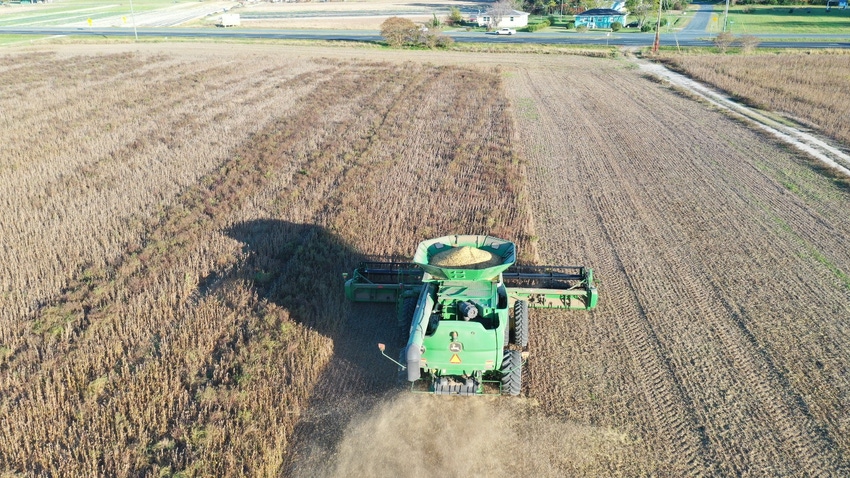
Palmer Amaranth and other weeds are scrappy survivors that will do all they can to make life difficult on the farm. You think you have conquered your foe with a dose of glyphosate or other chemical, then low and behold these weeds fight back even harder and develop herbicide resistance.
The good news is university weed scientists are on the task. Some may say we need to defund the police, but not a single farmer will say we need to defund weed science. Weeds like crime must be controlled.
A strong police force is necessary for controlling crime, and herbicides are still vital for controlling weeds, but just as relying on law enforcement alone to control crime won’t work, relying on herbicides alone to control weeds won’t work either. Integrated weed management, or IWM, where multiple weed management tactics are used is a must.
The nation’s weed scientists have come together to form GROW (Getting Rid of Weeds) to provide science-based information and decision support tools to help make IWM work on the farm.
One practice that is generating interest is harvest weed seed control that was developed in Australia, where widespread herbicide resistance became an even greater threat than in the United States. In harvest weed seed control, you basically manage the weed seeds at harvest to keep them from returning to the soil seedbank and becoming a problem in the future.
Both Virginia Tech Extension Weed Specialist Michael Flessner and North Carolina State University Extension Weed Specialist Wes Everman are bullish on harvest weed control and are conducting research. Flessner does note in an Extension publication that HWSC can be achieved through various techniques and combine modifications, but techniques are limited to crops harvested with a grain header, so corn, cotton, and other crops are not current options for HWSC.
Time will tell if HWSC will work in the Southeast. One thing is certain, integrated weed management is a must. Herbicide resistant weeds, like crime, will never go away. More tools are needed.
About the Author(s)
You May Also Like






